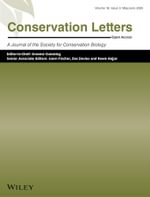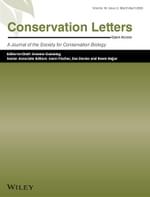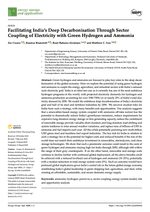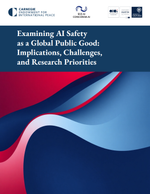Cambridge Prisms: Extinction
Hinsley, A., Willis, J., Dent, A., Oyanedel, R., Kubo, T., & Challender, D. (2023). Trading species to extinction: Evidence of extinction linked to the wildlife trade. Cambridge Prisms: Extinction, 1, E10. doi:10.1017/ext.2023.7
View Journal Article / Working PaperThe link between unsustainable harvest of species for the wildlife trade and extinction is clear in some cases, but little is known about the number of species across taxonomic groups that have gone extinct because of trade-related factors, or future risks for traded species. We conducted a rapid review of published articles and species assessments on the IUCN Red List of Threatened Species with the aim of recording examples of extinctions that were attributed to trade. We found reports of extinctions linked, at least in part, to wildlife trade for 511 unique taxa. These include 294 reports of global extinctions, 25 extinctions in the wild, and 192 local extinctions. The majority of global/in the wild extinctions linked to trade (230) involved ray-finned fishes, primarily due to predation by introduced commercial species. Seventy-one of the 175 reported local extinctions of animal taxa linked to trade were mammals. Twenty-two global/in the wild extinctions and 16 local extinctions of plants were reportedly linked to trade. One fungal species was reported locally extinct due to over-harvesting for trade. Furthermore, 340 species were reported to be near-extinct linked to trade, 269 of which were animals, including several high-profile megafauna. Extinctions were linked to direct harvesting and/or indirect threats such as bycatch or invasive species introduced for trade, but often it was not possible to determine the relative role of trade-related threats in extinctions. Our results highlight the need for better data collection on trade-related extinction risk to understand its impacts and to inform more effective wildlife trade policy.




